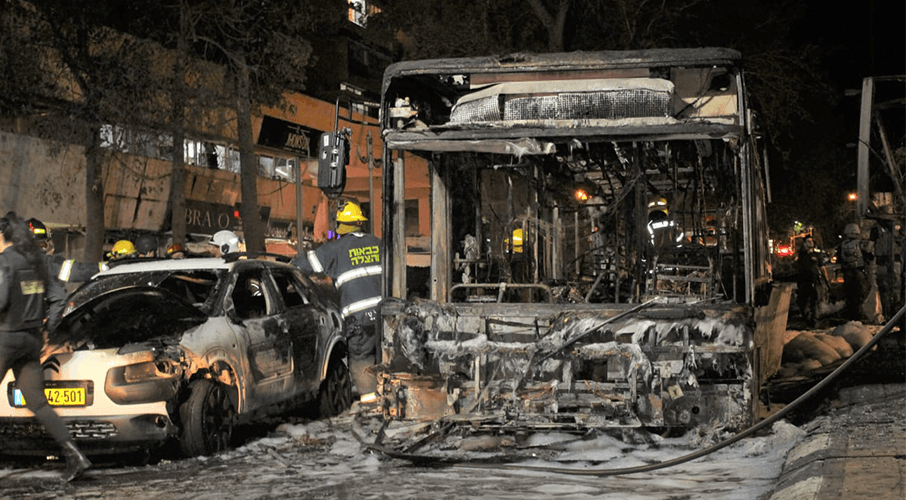
The use of civilians as human shields is a war crime. This is well-established in international law. However, despite the global consensus, innocent civilians continue to be used as human shields, writes Sarah Teich in the Toronto Sun.
By Sarah Teich, May 14, 2021
The use of civilians as human shields is a war crime. This is well-established in international law. However, despite the global consensus, innocent civilians continue to be used as human shields.
Today we are witnessing the use of human shields in the Gaza strip. By deliberately launching rockets targeting civilian areas, the Iran-backed terrorist organization Hamas and its affiliates know Israel must respond in self-defence. But these groups also launch rockets, conduct their activities, and store munitions in densely populated civilian areas. This is no accident.
From the perspective of terrorist organizations, using civilians to shield military objectives from attack is a win-win strategy. It can render military objectives less likely to be attacked, as liberal democracies may be reticent to fire on targets when there is high risk to civilian life. If those civilians are killed, their deaths can be weaponized by these groups to delegitimize and defame, shifting the blame for the human shields-related deaths, perplexingly, away from the entity that put them in danger in the first place.
Some state actors also participate in the practice. Iran’s Islamic Revolutionary Guard Corps (IRGC) used human shields with respect to the downing of Ukraine International Airlines Flight 752 in January 2020. Iranian officials “hoped that the presence of passenger jets could act as a deterrent against an American attack … effectively turning planeloads of unsuspecting travellers into human shields.”
Iran believed that the presence of civilian flights would mask its planned attacks and dissuade a serious American response. The choice to leave civilian aircraft airborne led to Flight 752 being shot down by the IRGC, killing all passengers and crewmembers.
These war crimes must be combatted. This is not just a matter of preventing future needless deaths; this is also necessary to retroactively provide some measure of justice for the victims of this heinous war crime, including the passengers and crew of Flight 752.
Canada must step up, because there is unfortunately very little that international institutions can do about this. As NATO has expressly stated, combatting human shields requires domestic-level action and domestic legislation.
Sanctioning those who use human shields is an important first step in deterring this abhorrent tactic. Canada needs to do its part to change the calculus so that using human shields stops being a win-win strategy for terrorist and rogue state actors. Canada must take action to protect and provide justice for Canadian victims of this war crime, and those around the world.
Sarah Teich is a Canadian attorney and consultant based in Toronto, a Senior Fellow at the Macdonald-Laurier Institute, and a legal adviser with the Canadian Coalition Against Terror (C-CAT)




